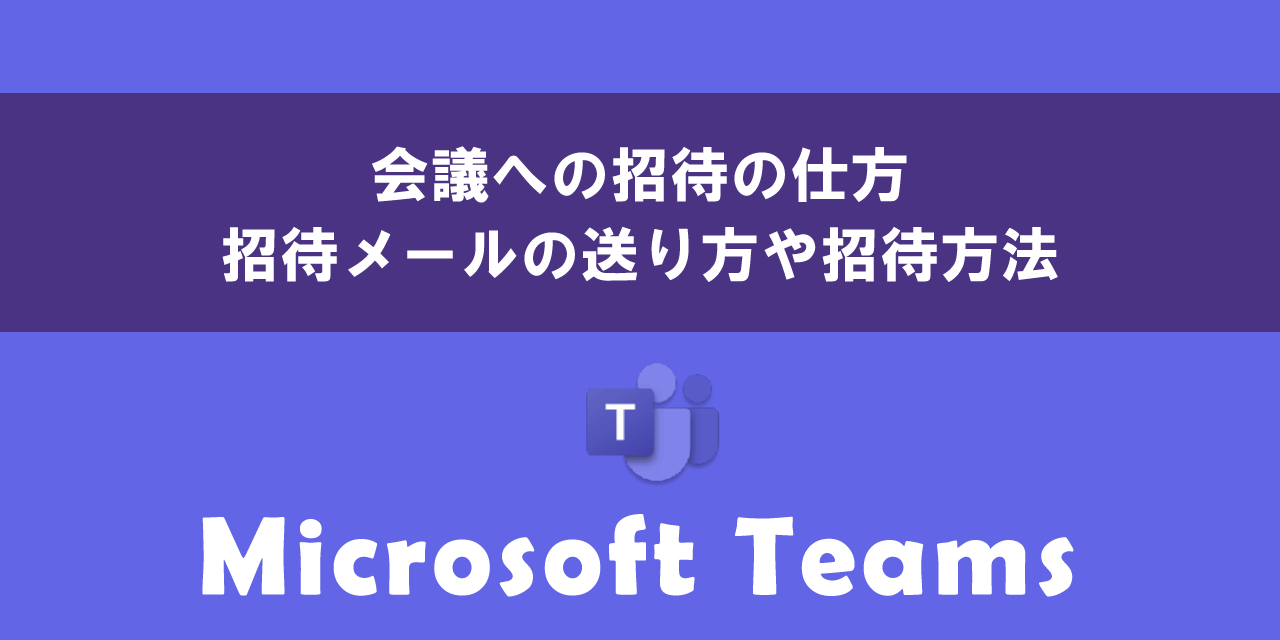日常会話:『もう我慢の限界!』を英語で表現しよう
 /
/ 

日常で「我慢の限界」にくることはしばしばあると思います。例えば友達と喧嘩したときや、会社で理不尽な要求をされた時。そんな『我慢の限界』が来たときに使う英語表現を見てみましょう。
have reached the limit of ~
【have reached the limit of】で『~の限界です』を意味します。【have reached the limit of】の後に、何の限界だったのかを続けます。
I’ve reached the limits of my perseverance.
【perseverance】は『忍耐』の意味で、上記の英文で『我慢の限界です』を表現することができます。

A:When I was little, I wanted to be a baseball player.
B:When did you give up your dream?
A:Right after I started junior high school. I realized I had reached the limit of my abilities.
A:私は子供の時、野球選手になりたかったんだ
B:いつ夢をあきらめたの?
A:中学生が始まった後すぐ。自分の能力の限界に気づいたんだ
将来の夢、野球選手になりたかったけど、能力の限界に気づきあきらめたAさん。Aさんが言った、「中学生が始まった後すぐ」で使われた【right after】に注目してみましょう。
これは主に、【A right after B】(Bの後すぐにA)の形で使われます。上記の英文だと、『(I gave up my dream)right after I started junior high school.』となり、right afterより前が省略した形でAさんは話しています。
それではこの【A right after B】を使った他の例文も確認していきましょう。

I’ll have to find a job right after getting back to Japan.
(日本に戻ったらすぐに就活をしなきゃ)
It makes no sense to eat right after you’ve exercised.
(運動したあとすぐに食べたら意味ないよ)
My parents got divorced right after I was born.
(私が生まれてすぐに両親は離婚した)
I’m going to take a bath right after I get home!
(家に着いたらすぐにお風呂に入る!)
Please wash the dishes right after you use them.
(使い終わったらすぐに食器を洗ってくださいね)
I spend money right after I get paid, so I don’t have any savings.
(給料をもらったらすぐにお金使っちゃうから、貯金ないんだよね)
I’ve had it ( with ~ )
『I’ve had it.』で『もう我慢できない』、『もう嫌だ』などを表現することができます。後にwith+人を加えて、『ある人に対して我慢できない』を表すことができます。
【 I’ve had it. 】
1.to be extremely tired
2.to be unable to accept a situation any longer
参考:Oxford Advanced Learner’s Dictionary
似た表現に『I’ve had enough.』や『I’m fed up.』『That’s enough』があります。

A:I don’t want to go to work anymore. My boss always gets mad at me. And the work is not what I want to do at all.
B:Stop saying such pathetic things. I’ve had it with you! This is no time for complaining!
A:もう仕事に行きたくない。上司はいつも怒るし。それにやりたい仕事じゃないしね
B:バカなこというのは止めろ。我慢の限界だ。不満を言っている時間なんてないだろ!
仕事に対して文句ばかり言っているAさんと、それに対して怒ったBさんのやりとり。ここで重要な表現【This is no time for】を見てみましょう。【This is no time for】で『時間がない』を意味します。Forの後に、『何のために』を続けることで表現の幅が広がります。
それでは例文を見ていきましょう。

There’s no time for being sad.
(悲しんでいる時間はない)
There’s no time for being lazy and dealing with crazy people.
(だらけてる時間はないし、変な人にかまってる時間もないよ)
stand
【stand】と聞くと、『立つ』という意味を思い浮かべると思います。ですがそれ以外に『我慢する』という意味もあるんです。
【 stand 】
(Transitive usually in questions and negatives) to be able to accept or deal well with a difficult situation
参考:LONG MAN

A:Why did you say such a thing to him?
B:I don’t need to talk to you.
A:Hey, I’m his friend, and I’m worried about you, too.
B:I’m not asking you to worry about me.
A:What’s that attitude! I can’t stand it anymore.
A:なんで彼にそんなことを言ったの?
B:お前に話す必要はない
A:ちょっと、俺は彼の友達だ。そしてお前のことも心配している
B:俺のことを心配してくれなんてお前に頼んでないぜ
A:なんだよその態度は! もう我慢の限界だ
『我慢する』という表現に【put up with】がありますが、主にネガティブな文や否定文では【stand】を使用し、肯定文などそれ以外では【put up with】を使う傾向があります。

I don’t know if I can stand the waiting any longer.
(これ以上待てるかどうかわからない)
I can’t stand how you talk to me like I’m an idiot.
(バカにしたようなあなたの言い方に我慢できない)
I can’t stand it when there’s someone who says bad things about my friends.
(友達を悪く言うやつがいると我慢できない)
I can’t stand waiting.
(待つのは耐えられない)
I can’t stand not seeing you for a month.
(1か月も君に会えないのは我慢できない)
I have no choice but to put up with it for now.
(今のところ我慢するしかない)
You have to put up with it.
(我慢しなさい)
I'll put up with the pain until I get back to Japan.
(日本に戻るまで痛みに耐えます)
That’s the last straw!
【the last straw】というイディオムは、直訳すると『最後の藁』という意味で、実際どんな意味なのか想像つかないですよね。実はこれ、あることわざを省力したものなんです。
そのことわざは『The last straw that broke the camel’s back』です。ラクダに最後一本の藁を載せるとラクダの背中が折れてしまう、すなわち我慢の限界を意味するのです。
【 That’s the last straw 】
the last problem in a series of problems that finally makes you give up, get angry etc
【the last straw】が『我慢の限界』という意味であることが分かったところで、例文をみて理解を深めましょう。

A:Oh, look at the time. It’s 11pm already.
B:We finish work at 11pm every day. That’s the last straw! I decided to quit.
A:もうこんな時間だ。すでに11時だよ
B:俺たち毎日11時に仕事が終わってるな。もう我慢の限界だ!俺は仕事を辞めることに決めた
会社で夜遅くまで毎日働いている二人の会話。重要表現として【look at the time】が出ています。この表現は直訳すると『時間を見て』という意味となり、上記の会話では『もうこんな時間だ』と驚きも混じった意味合いで使われています。
patienceを使った表現
TOEICテストでもよく見かける英単語の【patience】。この単語は「忍耐」、「根気」、「辛抱強さ」を表します。Patienceがなくなるということは、「忍耐がなくなる」ということから転じて、「我慢できない」という意味になります。
下記の英文を見て、使い方を覚えてください。

My patience has run out.
(我慢の限界です)
I’ve lost my patience.
(もう我慢できません)
Have patience.
(我慢するんだ)
I don’t have the patience.
(私は我慢できない)
Without patience, you can’t survive in this workplace.
(忍耐なしでは、あなたはこの仕事場で生き残れない)
最後に
今回のトピックはいかがでしたでしょうか?友達からの嫌味や、上司から小言を毎日言われたら、今回覚えた『もう我慢の限界!』を言ってみましょうね。
他にも日常で使えるトピックがたくさんありますので、ぜひ活用してください。

 関連記事
関連記事





